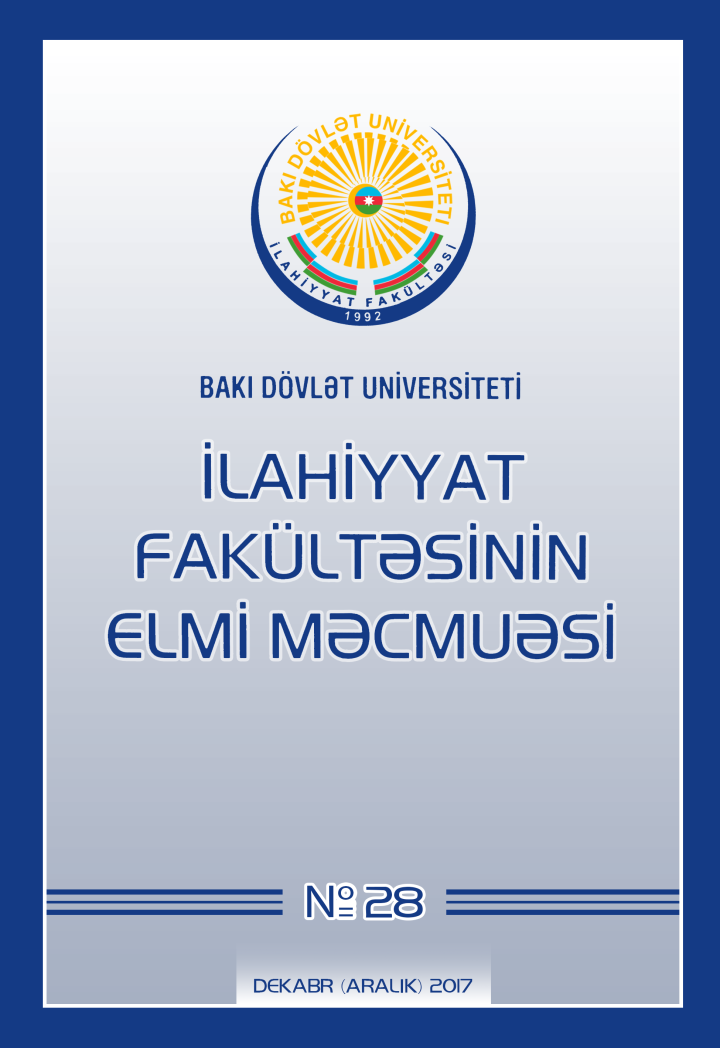İnternet və psixi proseslər
The Internet and Psychological Processes
Интернет и психические процессы
David H Gustafson, Sr., Fiona McTavish, David H Gustafson, Jr., Jane E Mahoney, Roberta A Johnson, corresponding author John D Lee, Andrew Quanbeck, Amy K Atwood, Andrew Isham, Raj Veeramani, Lindy Clemson, and Dhavan Shah. The effect of an information and communication technology (ICT) on older adults’ quality of life: study protocol for a randomized control trial // Trials. 2015.
Conceptual Framework for Studying the Effects of ICT in Education // Friedrich Scheuermann: European Commission, Joint Research Centre, Centre for Research on Lifelong Learning (CRELL) Ispra, Italy. Lisbon European Council March 2000.
Rafal Wajszczyk/ A study of the impact of technology in early education // http://www.teknat.uu.se/student.
Proceedings of the IADIS International Conference ICT, Society and Human Beings // Las Palmas de Gran Canaria, Spain 21-23 July 2015. Edited by Piet Kommers, Pedro Isaías and Heredina Fernandez Betancort.
Mulyanyuma Aaron Aaron. İmpact of information communication technology on human resource management // www.iadisportal.org/ict-2015-proveedings.
Zuckerman, H. (1997) Scientific Elite: Nobel Laureates in the United States, New York, Free Press.
Лысак И.В., Белов Д.П. Влияние информационно-коммуникационных технологий на особенности когнитивных процессов // Известия ЮФУ. Технические науки, 2013, № с.246-254 (https://cyberleninka.ru/).
Prensky M. From digital natives to digital wisdom: Hopeful essays for 21st century learning. – Thousand Oaks, CA: Corwin Press, 2012. – 240 р.
Кожаринова А.К. Осмысление влияния развития новых коммуникационных технологий на детей дошкольного возраста // Электронный научно-публицистический журнал Homo Cyberus. - 2016. - №1. // http://journal.homocyberus.ru/.
Robert I. Simon, Liza H. Голд American Psychiatric Publishing, May 6, 2010 - Medical - 726 pages.
Пан А.С. Укрощение цифровой обезьяны. — М.: АСТ, 2014. — 319 с. 12. Кочетков Н.В. Социально-психологические аспекты зависимости от онлайн-игр и методика ее диагностики // Социальная психология и общество. 2016. Т. 7. № 3. С. 148—163.
Endirin
Məqalə Məlumatları
- Məqalə Növü Articles
- Təqdim Edildi dekabr 31, 2017
- Yayımlanıb dekabr 31, 2017
- Nömrə № 28(28) Dekabr 2017
- Bölmə Articles
